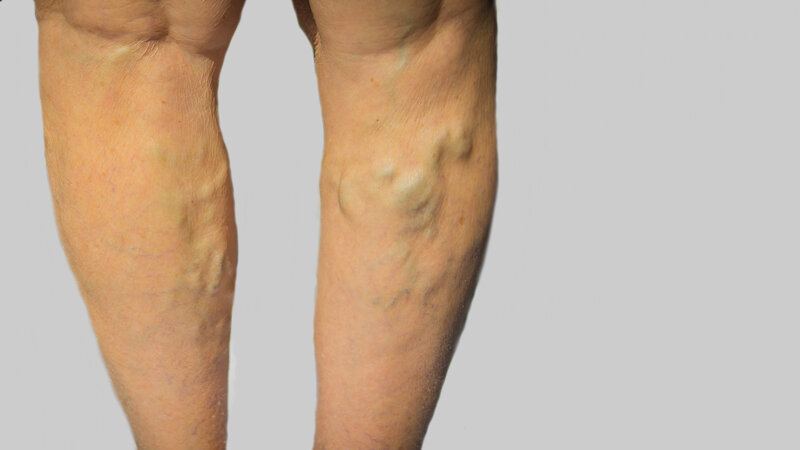Deafness or hearing loss is the functional deficit that occurs when an individual loses hearing, to a greater or lesser degree. The auditory threshold associated with a weaker sound stimulus (lower intensity) is decreased in a certain ear. ENT Specialists often find deafness and hearing loss terms interchangeably even when they are not. “Hearing loss” may be different in type and severity. Depending on the severity of the case, it will cause limitations in communication and interaction within the environment.
Deafness is hearing loss that impairs the ability to receive, discriminate, and associate the understanding of sounds of both the environment and other people. Hearing loss is greater than 70 decibels, allowing people to hear only some loud noises from the environment such as those caused by a motorcycle, a vacuum cleaner, an electric saw or a plane. Acoustic trauma is the damage caused by noise exposure either suddenly or chronically. Examples are the person who is accidentally exposed to a blast or explosion near his or her ear, and in events where the inner ear is damaged. Another example is a worker who is around plenty of noise or loud music without adequate protection.
Tinnitus is defined as the perception of sound in the ears that is not a real source of the sound. It is a symptom, and the etiology (cause) is varied, and there is a huge list of things that can cause tinnitus, among these, are hearing loss, OTO toxic medications, changes in micro circulation, blood pressure, acoustic trauma, etc. Tinnitus can vary in intensity and duration, and sound quality. Some consist of buzzing, others like tingling bells, palpitations or clicks. ENT Specialists recommend that possible tinnitus be reviewed by an expert so an accurate diagnosis of the disease can be reached. The issue that causes tinnitus should be removed, but at the very least, should be reduced, so it does not bother the daily activities of the patient.
Ear cancers are very rare, but the variety of skin cancer the most common is squamous cell carcinoma. The suspicion of cancer occurs when there is otalgia (an earache) accompanied by a deformity or lumpy channel or atrium (ear) with or without secretions. Plus, a history (or lack thereof) of not responding to treatment is also noticed when ear cancers are present. Even if the possibility of inner ear cancer is very remote, the specialist will investigate further. Visit our website today to learn more.
Connect with us with on Google+!



